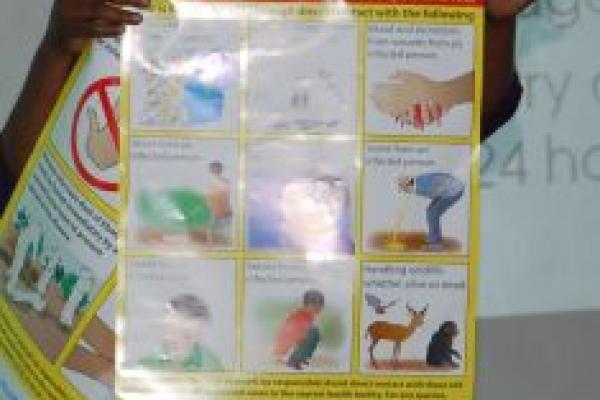The government of Sierra Leone banned public Christmas and New Year’s celebrations because they may exacerbate efforts to eradicate the Ebola virus.
President Ernest Bai Koroma said that despite immense help from the international community, the number of people infected with the virus continues to rise.
Ebola infections in Sierra Leone recently surpassed those of Liberia and Guinea.
“The illness started at the border and now is in the cities and close to 2,000 people have died from the outbreak,” Koroma told reporters. He asked traditional leaders and tribal chiefs to quit performing rituals in hopes that will help curb Ebola.
The majority of Sierra Leone’s 6 million people are Muslim, but Christmas is widely celebrated among the 27 percent of people who are Christian.
Officials said soldiers will be deployed on the streets and people are advised to stay at home with their families.
Read the Full Article

